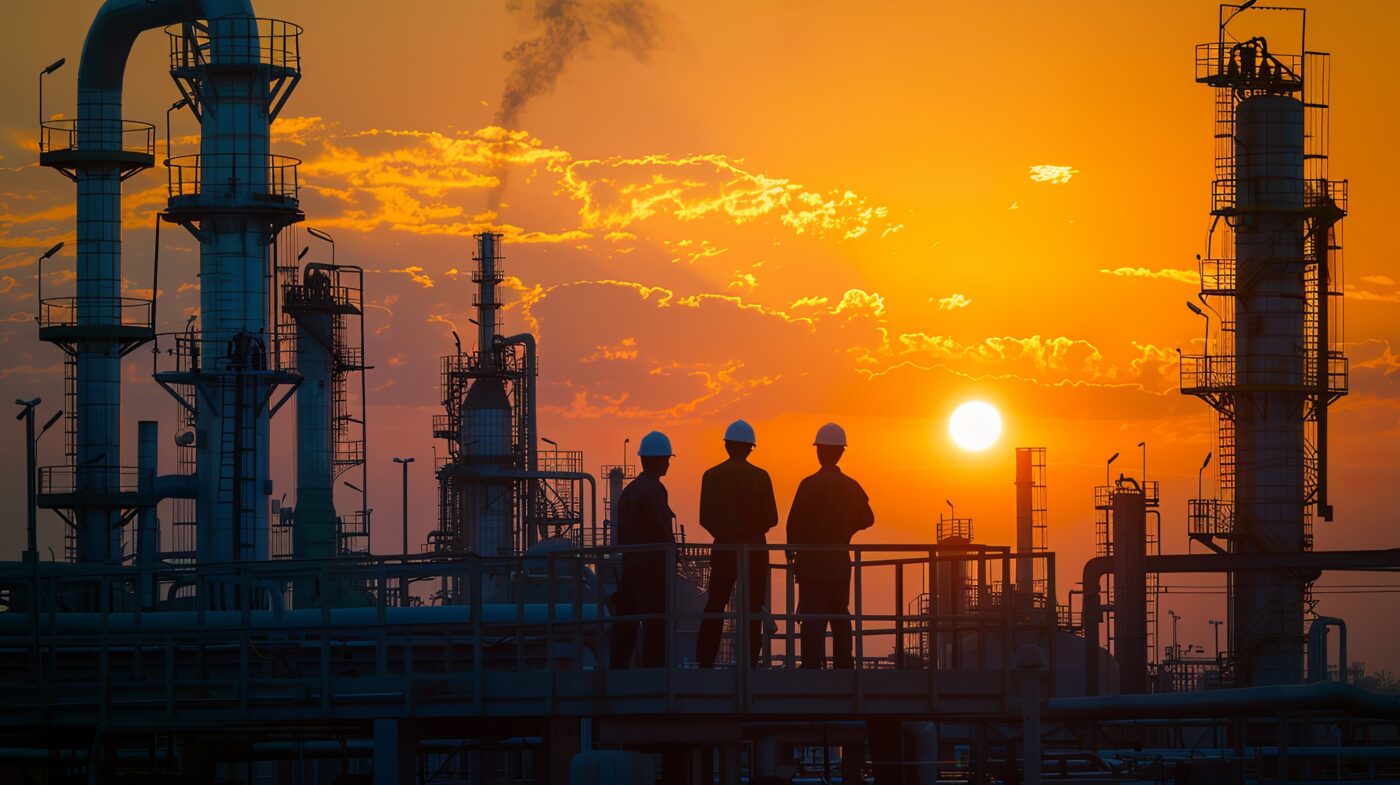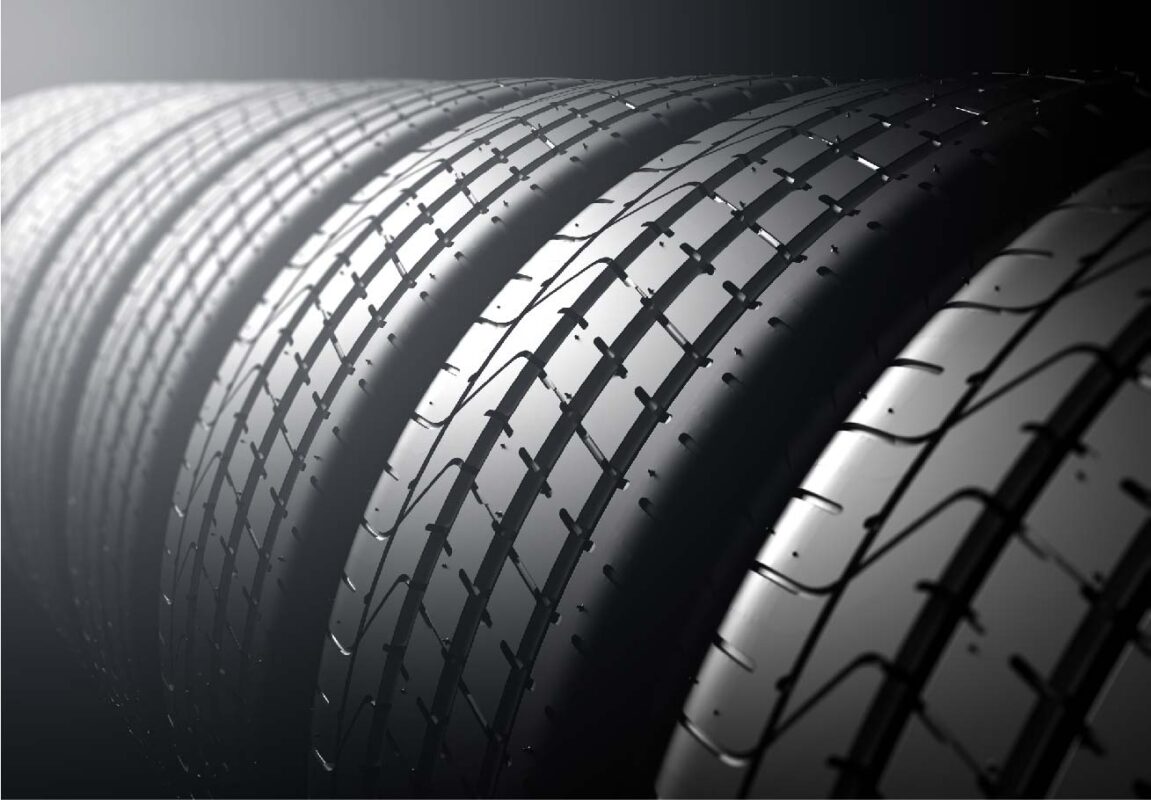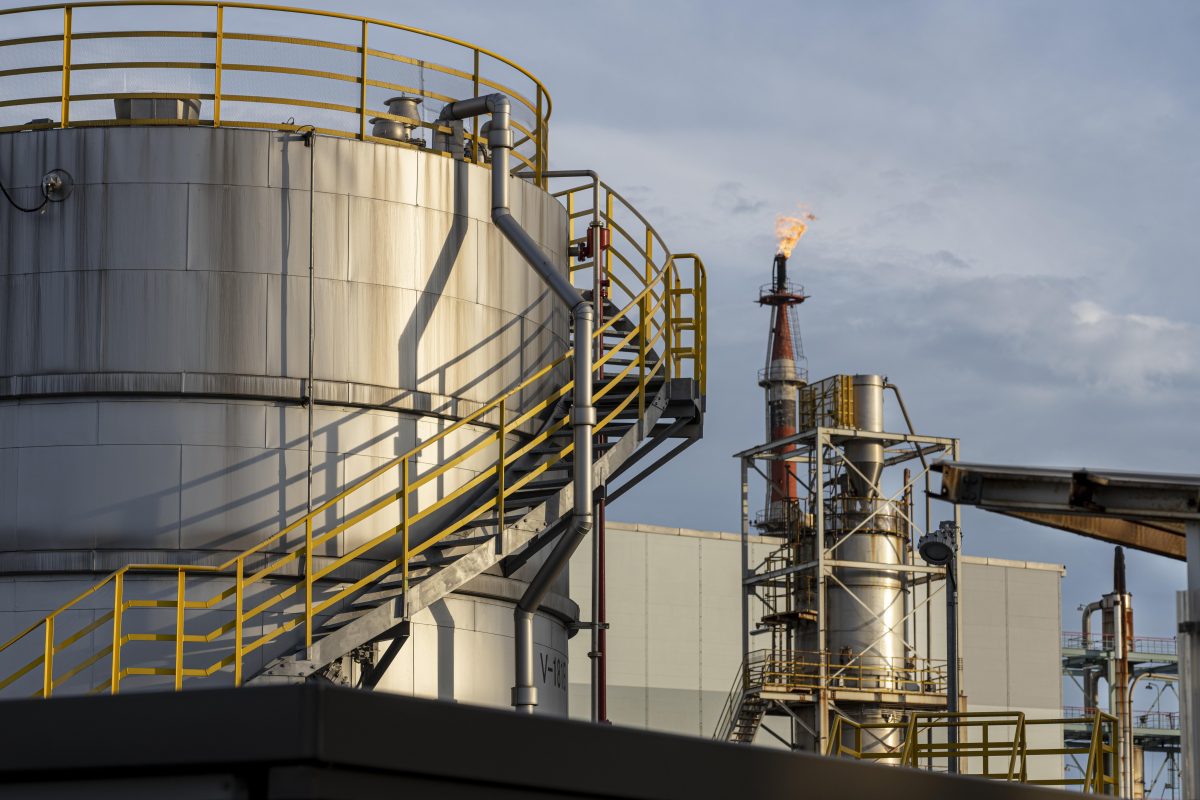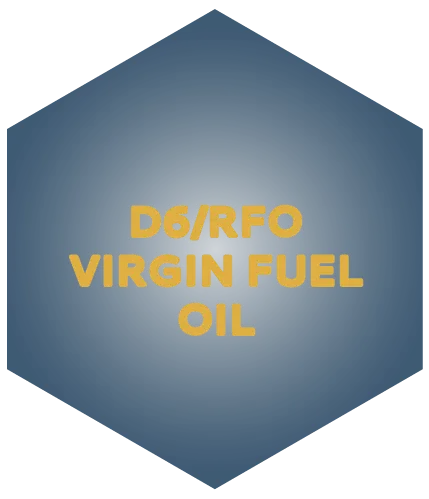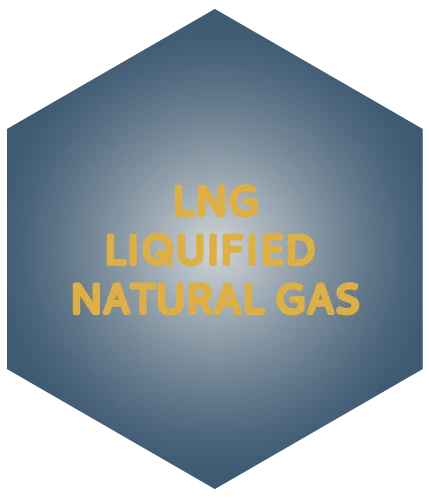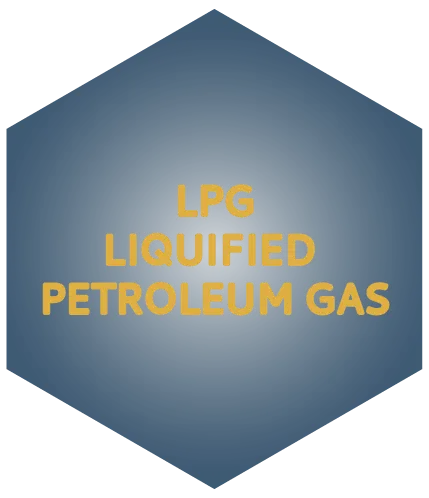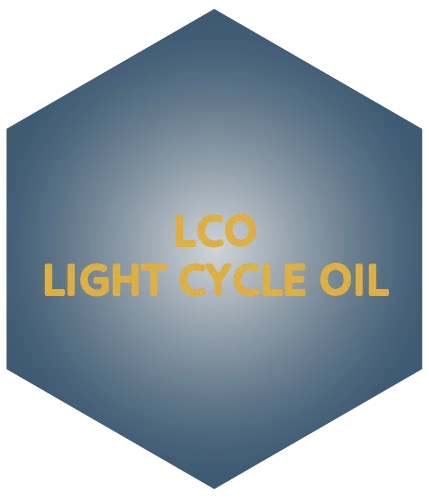The petroleum industry refines crude petroleum and processes natural gas
The petroleum industry refines crude petroleum and processes natural gas into a multitude of products. It is also involved in the distribution and marketing of petroleum-derived products. Processes include: oil- and gas-field operations, gas plant processing operations, refining and refinery operations, and refining technologies. So the petroleum industry’s reliance on accurate and reliable valuation methods is apparent. The negotiations that support these exchanges hinge on finding valuation methods that both sides deem acceptable. The risk of paying too much for an acquired property, or selling for too little, is always present.
